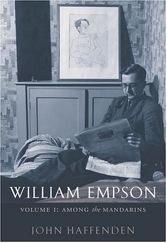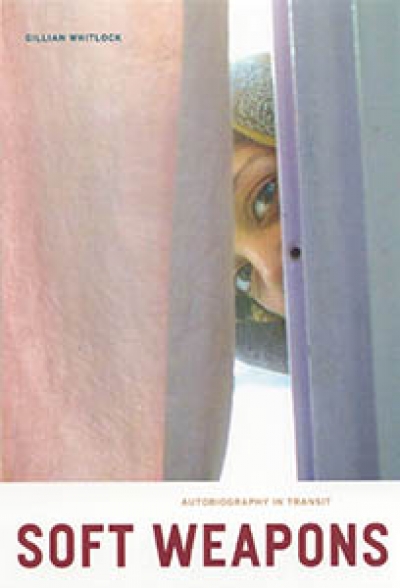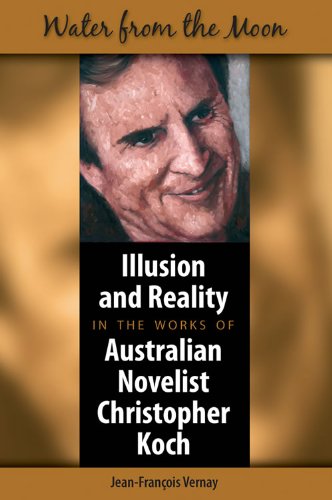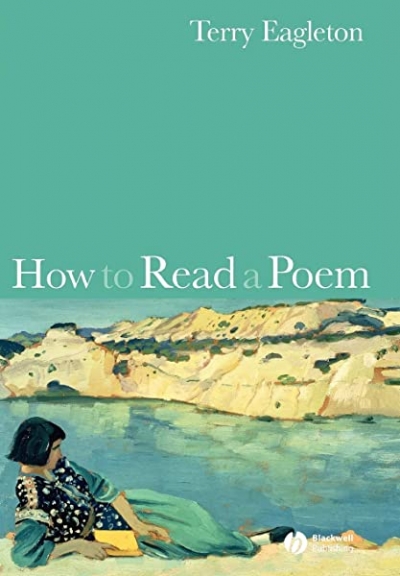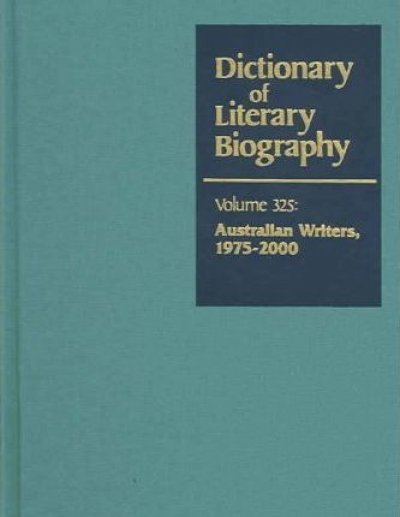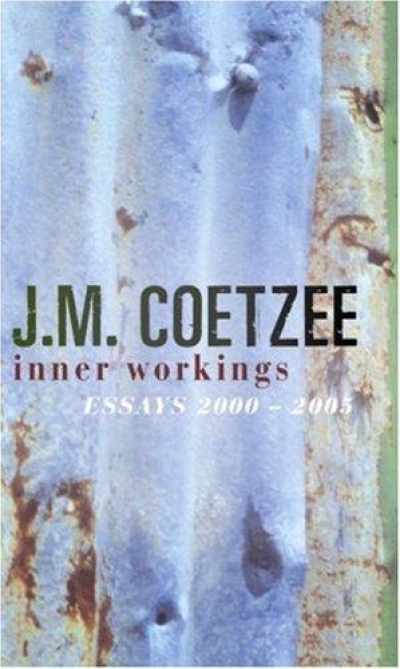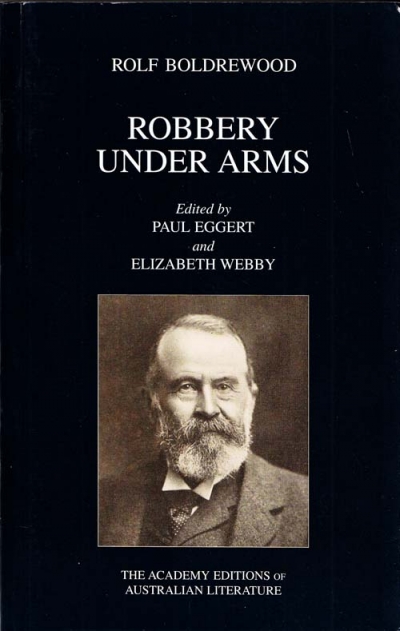Literary Studies
More than a journal, Indigo represents a vibrant creative writing movement based around the Fremantle Arts Centre. Submissions are accepted from those who currently reside in Western Australia or who have lived there for at least ten years. But why start a journal for Western Australian writing alone? Is there something distinctive about Western Australian experience? Certainly, the way sandgropers see themselves in relation to the rest of Australia suggests this, and editor Donna Ward’s claim that there is ‘something distinctively Western Australian filtering through the short stories in this volume’ appears true, difficult though it is to quantify.
... (read more)Meanjin vol. 66, no. 2 edited by Ian Britain & Griffith Review 17 edited by Julianne Schultz
They were once called literary magazines, or journals, though dailiness was never aimed for. Monthliness is popular now, or, in the case of Meanjin and Griffith Review, quarterliness. But what kind of currency do these two magazines aim for? ‘New writing in Australia’ proclaims the subtitle of Meanjin’s latest volume; along with the banner title ‘Globalisation and Postcolonial Culture’, and the subheading ‘Before and After’. ‘New Stories’ and ‘New Poems’ are also listed on the cover, along with a serious frontal portrait of novelist Amit Chaudhuri, on ‘The Fate of the Novel’. There’s quite a bit of semiotic activity going on here, not to mention marketing. Currency – newness, fingers on the pulse, predictive ability – is on the agenda.
... (read more)William Empson by John Haffenden & William Empson by John Haffenden
The lives of scholars and critics, however distinguished they may be, however resourceful their narrators, do not always make for compelling reading, let alone for an account that runs so readably to the phenomenal length of John Haffenden’s absorbing two-volume biography of the English poet and critic, William Empson. Devoted as they are to things of the mind, most academics do not, after all, generally do very much that is likely to command the attention of a wider public, or make for sparkling story. ‘A quiet life’ – the phrase in which Lord David Cecil summed up the career of the Cambridge don and poet Thomas Gray (whose one big adventure was to move, when teased insufferably by his colleagues at one Cambridge college, to the fellowship of another Cambridge college immediately over the road) – seems almost to epitomise this entire genre.
... (read more)Anyone browsing in bookstores in the past five years has undoubtedly come across one of the dozens of life narratives that emerged in the aftermath of 9/11. The attack on the World Trade Centre and the consequent ‘war on terror’ produced a new market for the publishing industry – and it has deluged us with offerings. Prominent among them are the sensational, eroticised best-sellers by Muslim women recounting their persecution under the Taliban; journalistic accounts of war by ‘embedded’ Western news correspondents from Afghanistan and Iraq; edited oral histories offering testimony by refugees to the trauma of war in the Middle East; and memoirs of exile by Iranian women living in the United States.
... (read more)Water From the Moon: Illusion and reality in the works of Australian novelist Christopher Koch by Jean-François Vernay
Reading literary criticism can be like viewing a portrait: you are essentially subjected to another person’s vision of the subject. One can feel that the perspective is unduly harsh at some points, lavishly lenient at others. It is easy to project one’s own bias onto the work, and to take issue with the representation too quickly. This is particularly true of a critical monograph on a subject such as Christopher Koch, who has been both prominent and controversial throughout his career. It is difficult for any commentator on Koch not to be drawn into the ‘Australian Melodrama’ that Peter Pierce identified in Australian literary culture in 1995.
... (read more)The English critic Terry Eagleton is nothing if not a dasher. Once suspected by many as the kind of postmodern theorist who undermined the category of ‘literature’, he has increasingly hiked into its territory. In The Illusions of Postmodernism (1996), he turned against the kinds of scepticism and virtuality which he saw as demeaning all literary or cultural study. The book certainly made some of his former allies quite cross, not least because it was penned with such rhetorical high spirits. His Marxist foundations, sturdily nourished in a Salford boyhood, remained, however, and were built upon. Yet they are sometimes twinned with residues of Catholic belief, as his recent attack on the atheism of Richard Dawkins has shown, full as it is of residual theology. He can certainly be an odd kettle of fish. In How to Read a Poem, Eagleton takes a broad brush. He remains at home with the traditional texts, the kinds of poems we have long deemed important.
... (read more)Dictionary of Literary Biography, Volume 325: Australian writers, 1975–2000 edited by Selina Samuels
This volume is the fourth and last dealing with Australian writing in this American series of reference books. All four volumes have been edited by Selina Samuels; the editor and contributors are Australian. Fifty-seven writers who produced their first major work after 1975 are included.
... (read more)In Doubling The Point (1992), one of J.M. Coetzee’s earlier collections of criticism, there is a long, closely argued essay titled ‘Confession and Double Thoughts: Tolstoy, Rousseau, Dostoevsky’. It has a more scholarly flavour than much of Coetzee’s subsequent non-fiction – collected in Stranger Shores (2001) and his latest volume, Inner Workings – but it is a characteristically lucid piece of analysis that throws an interesting light on his ideas about the imperatives of writing.
... (read more)Antipodes vol. 20, no. 2 edited by Nicholas Birns & Australian Literary Studies vol. 22, no. 4 edited by Leigh Dale
In an essay for Australian Literary Studies (ALS) exploring the modernist networks of Judith Wright and Frank Scott, Anouk Lang argues that ‘participation in modernist little magazines … was crucial to their development as writers. Publication in these journals validated their tentative efforts and imbued them with confidence to move on to further ventures.’ It is a terrific recommendation for the important role that literary journals continue to serve for writers – both emerging and established, creative and academic. ALS and Antipodes provide vigorous examples of two such journals which support the fostering and fortification of literary culture in Australia.
... (read more)Robbery Under Arms by Rolf Boldrewood, edited by Paul Eggert and Elizabeth Webby
Rolf Boldrewood’s Robbery Under Arms is the ninth volume to be published by the Academy Editions of Australian Literature project. Edited by Paul Eggert and Elizabeth Webby, the handsome volume is a major addition to this growing library of classics of Australian writing. It will undoubtedly become the definitive critical edition of Robbery Under Arms; the comprehensive scholarship that accompanies this book will illuminate our teaching and thinking about Boldrewood’s classic in the twenty-first century.
... (read more)

